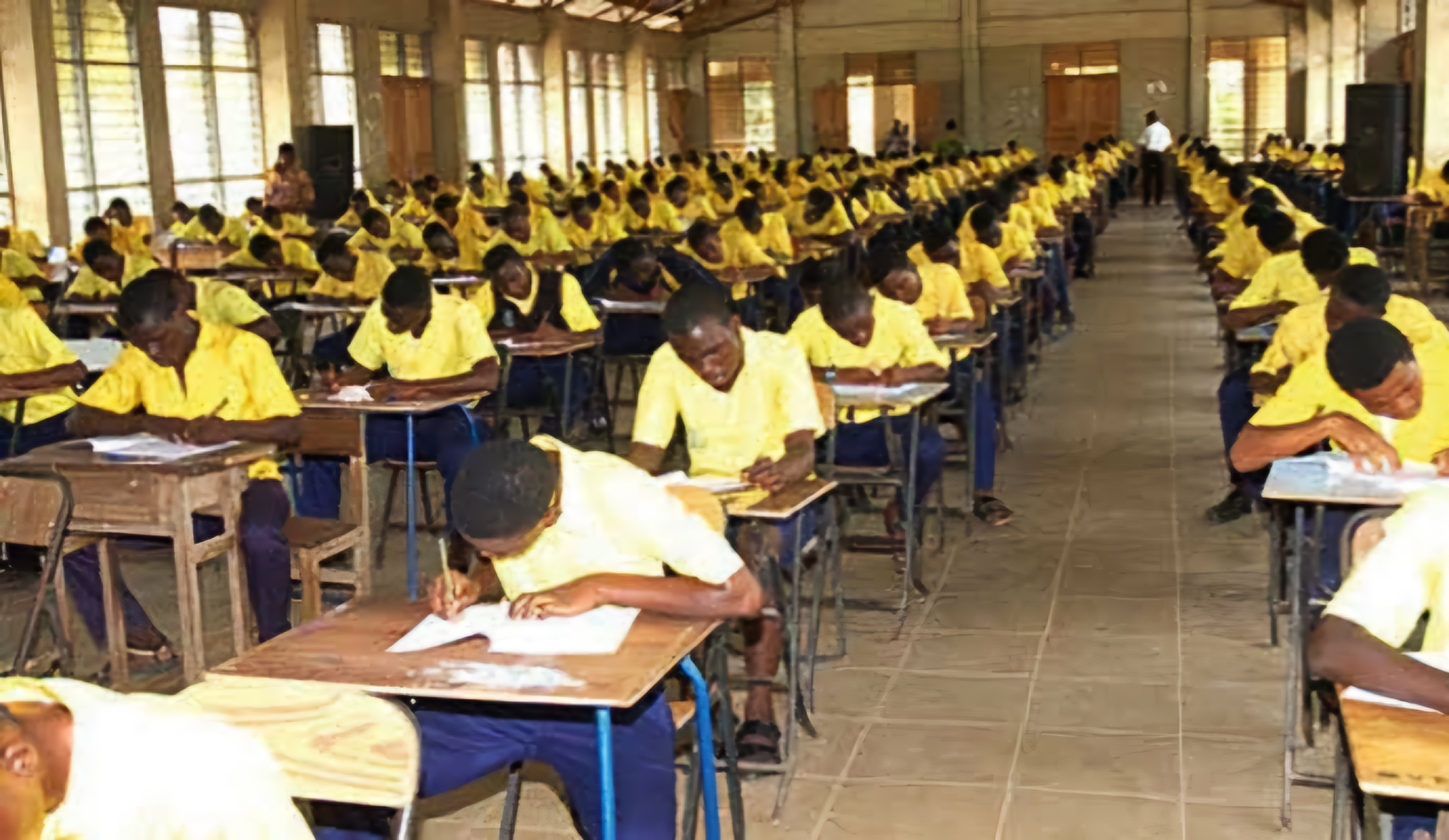What is Favouritism in Classroom Management?
This is when a learner gains favor in the eyes of the Teacher by receiving preferential treatments which are not extended to other learners by the Teacher within and outside the classroom environment.
Over the years, Teachers have demonstrated the act of favouritism and been trained and warned not to show favouritism in verbal and non-verbal ways. This is because pupils/students are quick to detect such signals or act of favouritism.
Who is a Teacher’s Pet?
Is a pupil/student who has gained favour in the eyes of the Teacher within and outside the classroom environment.
There are still cases when other pupils/students notice that there is “Teacher’s Pet” in the class; the one who is the apple of the eye, the one which gets the Teachers attention, the one who is trusted more than anyone else. Being professional, how can Teachers ensure fairness, especially when calling on pupils/students, grading, rewarding, and interacting in general with them.
How To Avoid Favouritism In Classroom
The following are suggested ways to avoid favouritism:
1) Leave no child behind.
Make sure that every child gets called and everyone in the class has had a turn.
2) Teachers should examine their emotions/behavior.
Teachers may consider these questions:
a) Do I use the same amount of time for answers from high achievers as I do from low achievers?
b) Do I praise all pupils/students and offer individual help, no matter what the child’s level?
c) Do I spend equal time standing in proximity to high achievers as I do to low achievers?
d) Do I consciously or unconsciously smile at a few selected learners while teaching?
e) Do I know the names of all the pupils/students in the classroom apart from a few pupils/students’ names?
3) Find something to praise in every pupil/student.
A pupil or student may not be good at academics but he/she may be doing well in sports or other co-curricular activities. A child may not be that bright but if he/she shows desirable values, by then, he/she deserves to be praised.
4) Teachers must ensure fair assessment and grading of learners.
5) Teachers must give equal quality time to all pupils/students while teaching.
6) Teachers should have control of their emotions.
Teachers need to be aware of their emotions towards various pupils/students and not let those emotions interfere with the learning experience.
Reasons Why Teachers Should Not Play Favourite
1) The child that is the favourite will be isolated from his/her peers.
The favorite pupil/student is not going to be liked by your other pupils/students.
2) You make prior judgements about children.
When you have favourites and pay attention to them alone in classroom, what you are doing is making judgements about the other pupils/students in your class without giving them a chance to prove themselves.
3) Undue attention and opportunities given to children who may or may not deserve it.
You may become blind to reasons as to why they are your favourites, when you find yourself blindly trusting them or giving them opportunities without even considering your other pupils/students, maybe it is time to evaluate why they are your favourites.
4) The favourites might not be part of the learning process since the Teacher has a soft sport for them.
The Teacher tends to ignore areas that require maximum attention and correction in the learning process of the child.
5) Your teaching style becomes biased.
When you have favourites, your teaching style changes accordingly. You will only focus on the pupils/students you want too, not the other pupils/students too.
One of the main jobs of a Teacher is to teach everyone equally, irrespective of likes or dislikes.
Favouritism exposes pupils/students to emotional danger.
Moses Celestine.
 Pazionmedia.com Pazion Media l Latest News l Politics l Sports l Entertainment
Pazionmedia.com Pazion Media l Latest News l Politics l Sports l Entertainment



